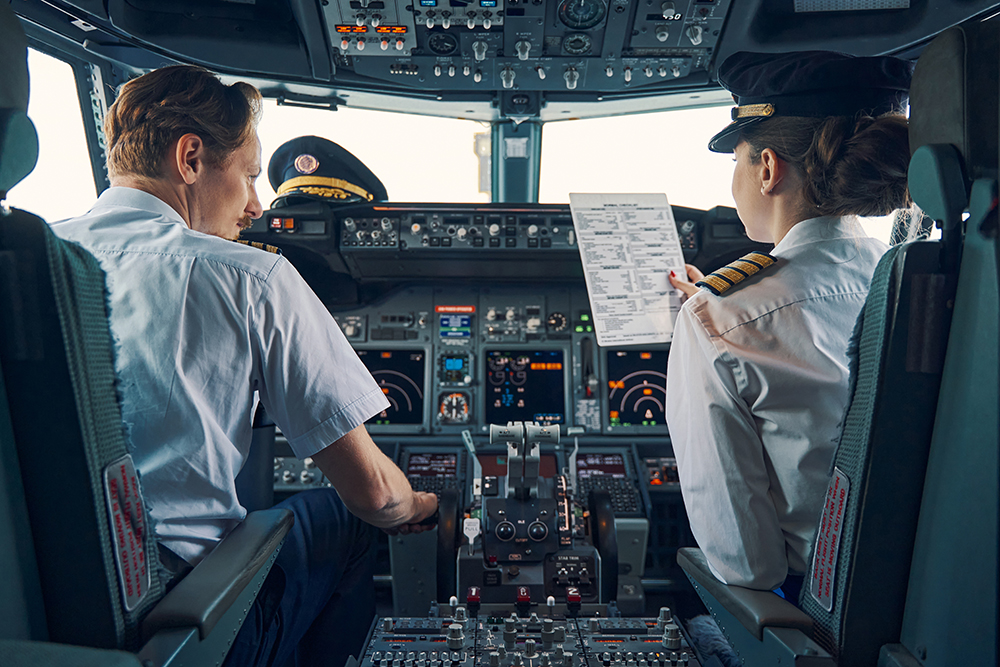To an outside observer, a pilot’s life may seem glamorous and exciting. But in reality, being a pilot is a high-pressure, high-stakes career. Pilots carry a significant responsibility for the safety and welfare of their passengers and flight crews. They must also have incredible focus and dedication to fly an airplane and make the hundreds of technical decisions necessary during a flight. Pilots can quickly get overwhelmed by a lifestyle that frequently involves jet lag, demanding work schedules and spending lots of time away from their homes and loved ones.
Job stress and burnout often lead to unhealthy coping mechanisms like drug and alcohol abuse. For a pilot, the disease of addiction can be devastating, jeopardizing a career they have worked so hard to achieve and betraying hundreds of people’s trust. While many pilots take their jobs seriously and stay sober, that isn’t always the case. For example, a French judge recently sentenced a United Airlines pilot to a six-month suspended prison term and one-year suspended license for showing up to work with a blood alcohol content three times the legal limit for pilots in Europe.
The Growing Challenge in the Aviation Industry
Last month’s United Airlines incident is only one example of how addiction affects the airline industry. The National Transportation Safety Board conducted a study that underscored an alarming trend of increasing substance use among pilots. The upward spike in toxicology findings among pilots – from a mere 10% in 1990 to a staggering 40% in 2011 – is cause for concern.
A pilot’s life is vastly different from other professionals’. Their irregular schedules, safety concerns and the aviation industry’s reputation make identifying chemical dependency a challenging task. The implications of a pilot operating under the influence are far too severe to overlook.
The HIMS Initiative
Recognizing this issue, the Federal Aviation Association introduced the Human Intervention and Motivation Study in the 1970s. Established through a grant from the National Institute on Alcohol Abuse and Alcoholism, HIMS is a stringent substance abuse treatment program designed specifically to help pilots get treatment and return to work in the airline industry after having their licenses suspended.
HIMS is an industry-wide effort in which managers, pilots, health professionals and the FAA collaborate to preserve careers and enhance air safety. It also requires pilots to earn back the essential trust they lost by working under the influence of drugs or alcohol. While the program uses evidence-based treatment principles, it is also a testament to the airline industry’s safety-sensitive nature and commitment to addressing the issue head-on.
Providence Treatment’s Tailored Approach for Pilots
At our drug rehab for pilots, we understand pilots need specialized care. We address addiction’s root causes with our biopsychosocial and spiritual approach. Every scientifically validated method we use provides pilots with a roadmap to long-term sobriety. Whether you want to get back into the cockpit or make a fresh start in another profession, our accredited and accomplished team supports the unique challenges you might face when returning to work.
Addiction casts a long shadow – fortunately, help is available for you to rise above it. The journey may be challenging, but with programs like HIMS and centers like Providence Treatment, you can achieve your personal and professional recovery goals. We will provide you with the medical expertise and tools necessary to live a successful life in sobriety. If you have recognized that you have a drinking or drug problem, contact us today before you endanger your passengers, colleagues and yourself.









